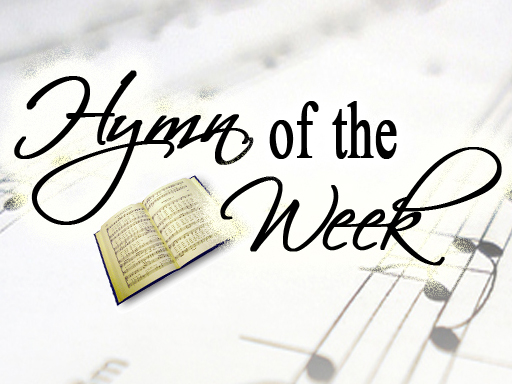God Rest You Merry, Gentlemen
This page includes a lyric video, a brief history, sheet music, and other resources for the Christmas carol “God Rest You Merry, Gentlemen.” Enjoy!

Enjoy this You Tube video with lyrics of “God Rest You Merry, Gentlemen”; it is a fun Celtic version:
History of “God Rest You Merry, Gentlemen”:
In the 1843 classic story A Christmas Carol, Charles Dickens wrote how Scrooge drove away a caroler who came singing this carol. It has thus been deemed the “Christmas carol of A Christmas Carol.” This comes as no surprise since it was arguably the most popular song of Dickens’ era. Though the author is unknown, the carol was “a piece so often printed and sung in districts so widely separated [that] there are several variations in the different copies of [it]” (William Husk, Songs of the Nativity). In fact Dickens’ version of the words say “God bless you” instead of “God rest you.” The first known published version of the carol was in 1833.
In addition to the variety of words associated with this carol, there is also tremendous confusion on the meaning, and even the punctuation, of the first line of the carol. For example, the Old English meaning of the word “rest” is perhaps best translated “keep”; the word “merry” is perhaps best translated as either “good spirits” or “strong.” Additionally, the meaning of the first line changes significantly depending on where the comma is placed. The comma should be after the word “merry.” Thus, the original intent of the carol was that “God keep you in good spirits, gentlemen,” not that God give rest to merry gentlemen. According to the Penguin Book of Carols, “It is not, as so often thought, addressed to merry gentlemen but rather to those who may be anxious.”As the first stanza of the carol reveals, there is a spiritual battle against evil. Yet, our hearts should not be troubled. As the words of the song say, “Christ our Savior was born on Christmas day to save us all from Satan’s power.” Surely, this news should keep believers in good spirits; it is a true tiding of “comfort and joy.”
In regard to the tune, A.L. Lloyd, a collector and researcher of folk songs, wrote: “In its sundry variants, it is [England’s] commonest melody for quête songs” (a song that brings luck). A number of related tunes existed throughout Europe by the 16th century, and Lloyd believed that though the tune most likely traveled to England from France, it may have originated further east and farther back in time.
The tune name “Chestnut” is derived from a 1651 book by John Playford called The English Dancing Master (a book that includes dance instructions and the music associated with each dance). This music was used as the basis for the famous arrangement made by Sir John Stainer, an organist, composer, and professor of music who was knighted by Queen Victoria for his contribution to music in Britain. Together with his friend H.R. Bramley, Stainer published his arrangement in Christmas Carols New and Old (1871). Bramley and Stainer published three different volumes of Christmas music, and Stainer’s arrangements became the standard version for not only “God Rest You Merry, Gentlemen” but many other beloved carols: “Good Christian Men Rejoice,” “The First Noel” and “What Child Is This?”
For more intriguing history on “God Rest You Merry, Gentlemen” (and 19 other classic Christmas songs), you can purchase our Christmas Songs eBook (only $2.99; use code “celebrate20” for 20% off).
You can also download our free, complimentary Sheet Music for “God Rest You Merry, Gentlemen.”
For additional resources (like original sheet music), visit Hymns and Carols of Christmas or Net Hymnal.
This page was created by:

Back to main Christmas Songs page or our 25 Days of Christmas Music page.
We welcome your ideas! If you have suggestions on how to improve this page, please contact us.
Information on this page was drawn from our featured Christmas book.
You may freely use this content if you cite the source and/or link back to this page.






